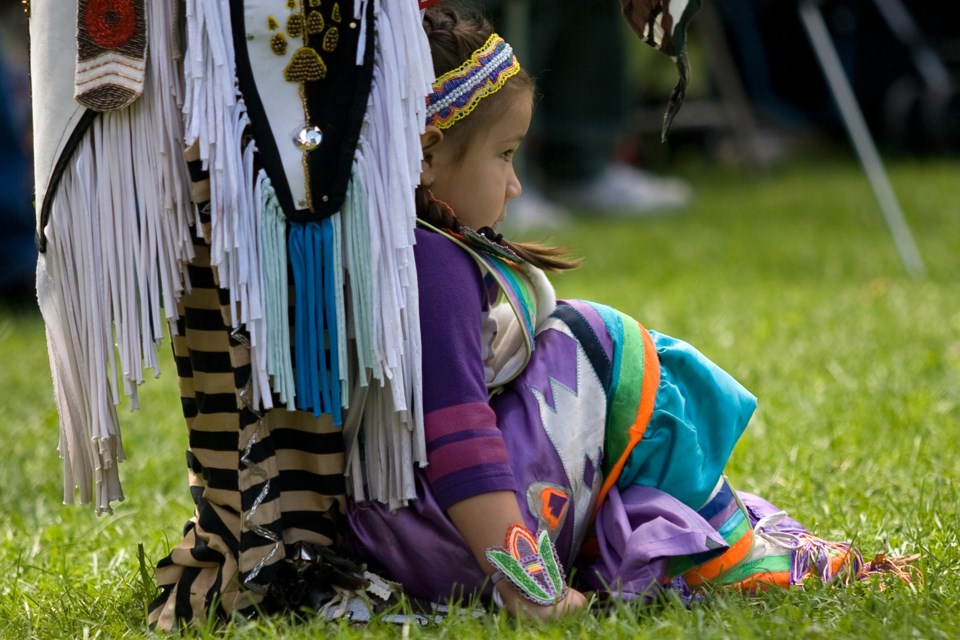In the face of vast wrongs, governments have this habit of throwing money at issues to smooth them over.
The Saskatchewan government did this in 1999 when it awarded David Milgaard, a Winnipeg-born man who was wrongfully convicted of killing nurse Gail Miller in 1970, $10 million.
The Canadian government did it in 2007, when it gave Maher Arar, a Canadian citizen who was the victim of inaccurate RCMP intelligence reports leading to his deportation to and torture in Syria, $11.5 million.
The Canadian government did it again in 2017, when it gave Omar Khadr, a Canadian who spent 10 years at the US military prison in Guantanamo Bay without a fair trial,
$10.5 million.
The Canadian government is attempting the same tactic now, offering $800 million to those who survived the Sixties Scoop.
It sounds like a lot of money: $800 million. But once it’s allocated, it’s estimated that each survivor who comes forward will receive no more than $50,000 each – roughly five per cent of what Milgaard, Arar and Khadr were given.
And $50,000 will be the number only if there are fewer than 20,000 claimants. If there are more than 20,000, each will receive $25,000 under the settlement.
Each of these scenarios are, at first glance, different.
But are they, really, at their core?
Milgaard lost 23 years of his freedom, along with his dignity and reputation. Arar suffered who knows what kind of violence. Khadr lost 10 years of his freedom.
The bottom line is, through various avenues it’s been decided the system failed these people, and it failed them hard.
So, too, did the system fail the children of the Sixties Scoop – a practice in which indigenous children were removed from their families by child welfare workers and placed in foster homes or put up for adoption.
It failed them enormously. It failed masses of them. Those who survived the ordeal – many of them didn’t – often faced severe abuse and neglect.
And those were only the immediate effects. Many survivors of the Sixties’ Scoop lost their families, their culture and ultimately their identity.
The effects of this can be seen in addictions and other struggles the survivors face, struggles that have plagued many of them on an ongoing basis, ultimately robbing them of years of their lives.
So perhaps the fates faced by Milgaard, Arar, Khadr and the tens of thousands of indigenous people affected by the Sixties Scoop aren’t that different after all. But the settlements being offered to them certainly are.
Milgaard, Arar and Khadr are three individuals whose situations played out
at three different times.
There are thousands of survivors of the Sixties Scoop, even without counting the Métis people who are ineligible for settlement.
But when you break down that group, each survivor is an individual with their own story and own set of devastating circumstances.
Each survivor is deserving, yet none of them are set to receive even remotely close to amounts awarded to others whom the system has failed.
All of these events occurred in recent history. All of the people who will receive settlements are still alive. There’s no way money can replace wasted years and unthinkable hurts. But money is what all of these individuals have been offered
At worst, the Canadian government’s proposed settlement is an example of ongoing marginalization of indigenous people by those in top authority – an attempt to make amends for something it did wrong, just not as wrong as what, apparently, it believes it did to several others.
At best, it’s poor optics.
Some of the plaintiffs in the class-action lawsuit along with the National Indigenous Survivors of Child Welfare Network are trying to put a stop to the $800 million settlement, saying it simply isn’t enough. If the history of precedents that have been set are any indication, they are correct.




